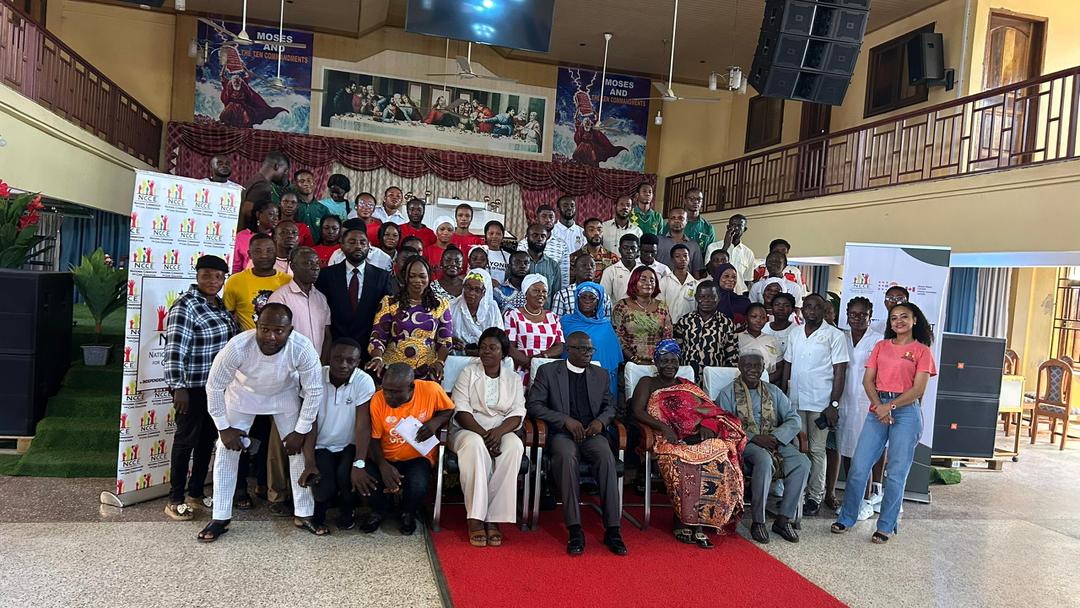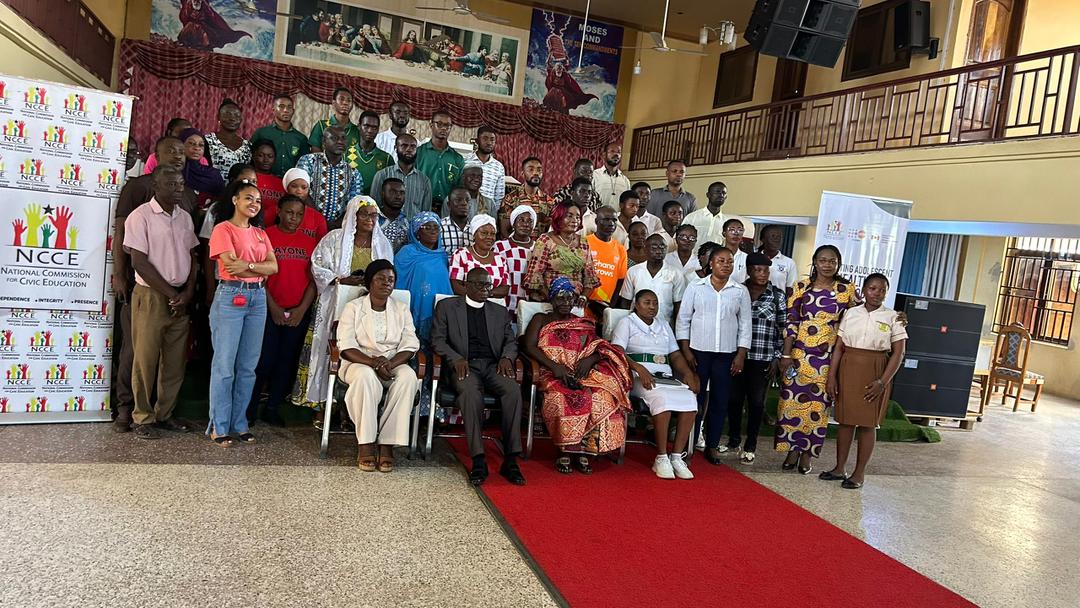Ms. Mavis Achiaa Opoku, the Kwadaso Municipal Director of the National Commission for Civic Education (NCCE), has called on stakeholders to collaborate in promoting adolescent reproductive health and gender equality in the municipality.
She emphasized that education on reproductive health and gender issues among young people is vital for advancing gender equality, improving health outcomes, and strengthening social cohesion.
Ms. Achiaa Opoku made the call at a stakeholder engagement organized under the auspices of the United Nations Population Fund (UNFPA) 8th Country Programme (2023–2027), which seeks to promote adolescent health, gender equality, and the prevention of gender-based violence (GBV). The engagement was held under the theme: “Empowering Community and Youth for Adolescent Health, Gender Equality, and Preventing Gender-Based Violence Through Civic Engagement.”
Citing data from the World Health Organization (WHO), she noted that complications from pregnancy and childbirth remain the leading cause of death among girls aged 15 - 19 globally. Each year, an estimated 21 million girls in low- and middle-income countries become pregnant, with about 12 million giving birth.
She explained that the stakeholder engagement created a platform for dialogue, collaboration, and coordinated action to address adolescent pregnancy, family planning, and harmful social practices affecting young people, especially girls and underserved youth.
Madam Rita Pulere Gbarinaa from the Ghana Health Service highlighted the importance of adolescent health, describing adolescence (ages 10 - 19) as a critical stage of physical, emotional, and social development. She clarified that family planning education is not about promoting sexual activity but about empowering young people to make informed decisions.
Assistant Superintendent of Police (ASP) Joyce Amponsah Kusi of the Domestic Violence and Victim Support Unit (DOVVSU) of the Ghana Police Service explained that gender-based violence; whether physical, sexual, psychological, or economic, stems from gender inequality and harmful social norms. She urged intensified community education through churches, mosques, and information centers and encouraged parents to take full responsibility for meeting the basic needs of their children.
Participants were drawn from local government institutions, traditional and religious leaders, civil society organizations, local NGOs, youth empowerment groups, the security services, and the media.
The programme was made possible with support from UNFPA.


_
Follow us on our social media pages for more stories and posts from the NCCE.
https://www.instagram.com/nccegh/
https://www.facebook.com/nccegh/




Leave a comment